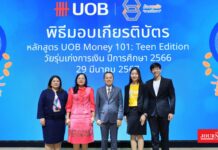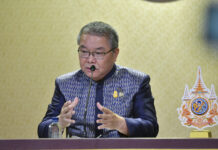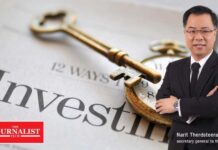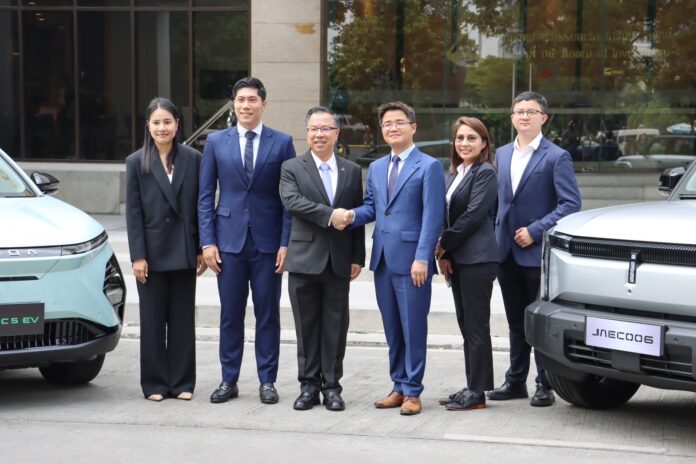

The Board of Investment ( BOI ) approved China’s Chery , a major global EV manufacturers to establish a production base of electrical vehicles in Thailand.
The move is the latest EV manufacturer that the BOI can attract the company to invest in Thailand.
After the negotiation for two years. The company planned to launch the first generation of electric cars in the middle of this year. In order to conduct marketing testing.
The company also establishes a production base to manufacture EV.
Which have right-hand drive cars to supply domestic and export market next year.
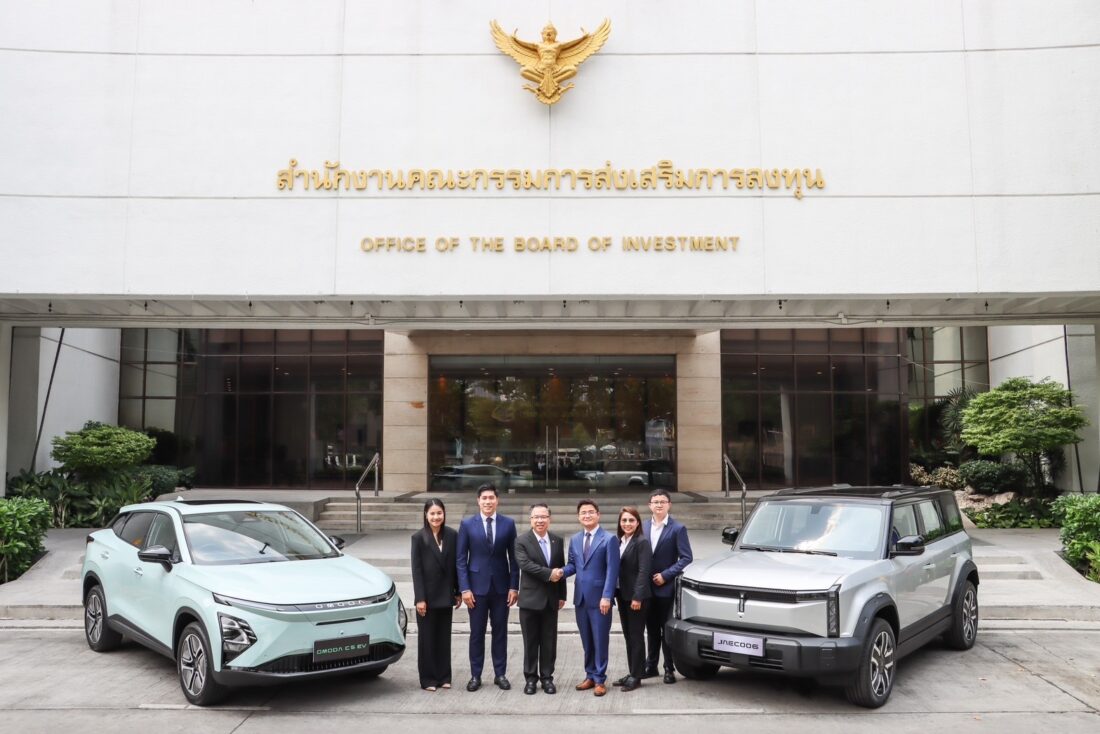

Narit Therdsteerasukdi, secretary general said this is an BOI’s effort to attract the Chery Automobile to invest in Thailand.
Chery Automobile Co. Ltd., trading as Chery, is a Chinese state-owned automobile manufacturer headquartered in Wuhu, Anhui, China. Founded in 1997.
It is currently the first ranking of export with 1.88 million vehicles in 2023.
Reason for decide to choose Thailand
“The company decided to choose Thailand as the production base for right-hand drive EV cars in order to sell in domestic and export in Asean Australia and the Middle East.”
BOI approved privileges for the company on April 2. Cherry Automobile will be operat under “OMODA & JAECOO(Thailand) which is brand for Chery to sell in international markets.
The company will establish a factory in Rayong province.
The first phase, its manufacturing includes BEV and HEV with annual 50,000 units.
The second phase is plan in 2028 with an expansion to meet 80,000 units a year.
“The company will import the first generation-OMODA C5-EV. Which is cross over SUV to test marketing, followed by premium off-road JAECOO 6 EV, JAECOO 7 PHEV and JAECOO 8 PHEV. The company planned to open 39 showrooms in nationwide.”
Sino’s two battery cells manufacturers planned to invest 30 bn

